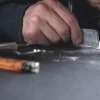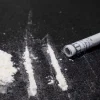What Is Heroin?
Manufactured from morphine, which is derived from the seed pod of the opium poppy plant, which is native to regions of South and Central America, Mexico, and Southeast and Southwest Asia, heroin is an opioid drug. Heroin is commonly sold as a white or brown powder, but it can also be found as a black sticky substance known as black tar heroin.
Using this opioid drug results in an overwhelming sense of happiness and well-being. The high lasts a few hours, but then it wears off, leaving consumers craving more. Heroin addiction and dependence are expected outcomes of this vicious cycle.
Immediate Help for Heroin Addiction
888-290-5254
Heroin is among the most misused opioids in the U.S. due to its rapid onset of action and strong addiction potential. The National Center for Drug Abuse Statistics (NCDAS) estimates that 6.25 million U.S. residents have used heroin at least once. If you’ve been battling heroin addiction, you know its devastating effects on your life.
Keep reading to learn more about finding effective heroin addiction treatment and opioid medications at Resurgence Tennessee!
How People Use Heroin
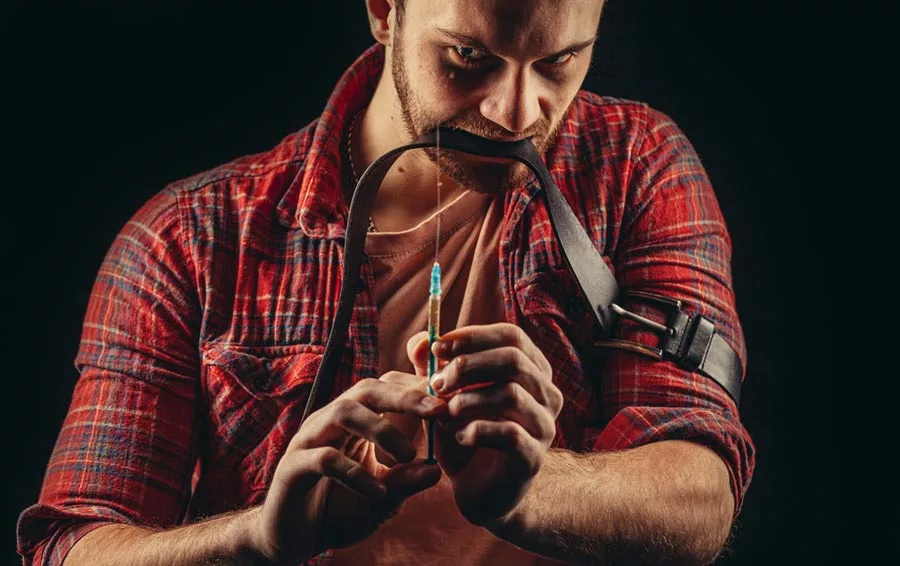
Most heroin users administer the drug through intravenous (IV) injection. But snorting and smoking heroin are also popular routes of administration. Intravenous drug administration is the riskiest approach to taking this drug. When you inject heroin, you expose your self to the possibility of opioid overdose deaths or exposure to blood-borne infections.
It’s best to remember that irrespective of the route of administration, heroin reaches the brain rapidly and causes physical dependence and addiction. Heroin is highly addictive, and even a single dose can make it impossible to stop using.
Heroin produces an immediate and intense feeling of well-being. As a result, the users’ perception of time slows down, and they take longer to make decisions. Users have reported feeling like they’re in a dreamlike state while experiencing this.
This opioid drug is harmful to your health and slows your respiration. Additionally, it blocks the nerve endings in your body that carry pain signals.
Heroin usage is usually a coping method for those dealing with mental health issues, including worry and stress. Heavy heroin users often struggle with depression, PTSD, ADHD, or bipolar disorder and use the drug as a coping mechanism.
What Makes Heroin Use Popular?
The overuse of opiate-based painkillers, such as oxycodone, hydrocodone, and other opioids which are also derived from the poppy plant and chemically connected to heroin, has exacerbated the heroin use problem in Tennessee and the rest of the United States.
People who abuse or become dependent on these chemicals may look for alternatives that are more powerful and less expensive. Heroin is an opioid that satisfies this condition. However, it carries much higher risks than legal opioids.
According to the CDC, heroin overdoses account for over 14,000 deaths annually in the United States. To improve heroin’s potency and raise the risk of an overdose, it is occasionally cut with other narcotics, such as the powerful opioid fentanyl.
Heroin Addiction
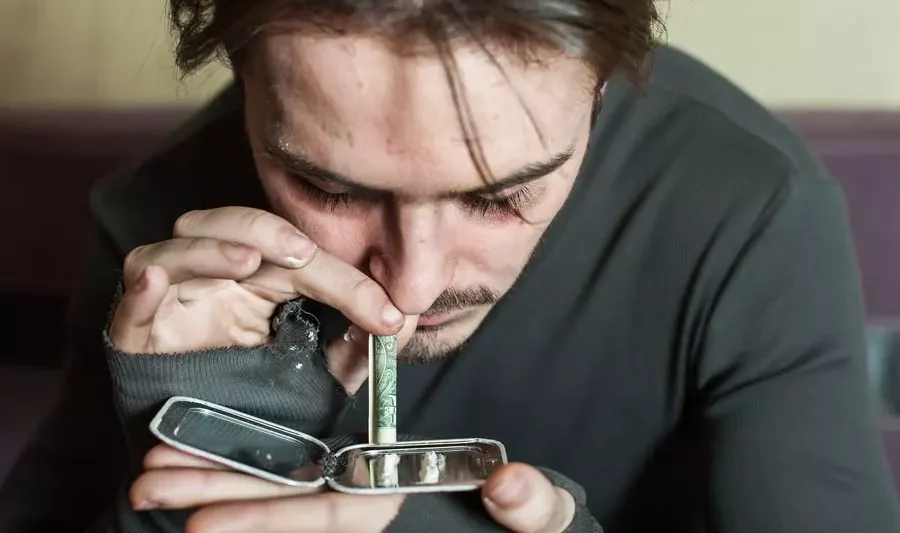
Heroin comes in many forms, but the active components reach the brain quickly when injected or used through any other route. The drug interacts with specific brain enzymes and chemical messengers. Heroin also acts by binding to different opioid receptors in the brain.
Heroin use results in neuronal adaptation due to chronic drug exposure. When you reach this stage, the effects of addiction become increasingly detrimental. If you’re addicted to heroin, your brain will only operate normally if you take it. This is because the drug activates dopamine and opioid receptors in the brain, leading to a pleasant state of mind and body.
You will experience adverse psychological and physiological effects when you suddenly cease using the drug. The greater the frequency with which heroin enters the brain, the greater the likelihood that it will produce both psychological and physiological dependence.
24 Hour Heroin Addiction Hotline
888-290-5254
You should be aware that dealing with these symptoms is difficult. Many heroin users relapse throughout rehabilitation because withdrawal symptoms are so intense. The physical symptoms are similar to a nasty bout of the flu, but the mental repercussions are much more severe. After a while, it’s tough for your body to readjust and begin producing dopamine again.
It’s also crucial to realize that different people experience heroin addiction at varying intensities. How soon you develop a heroin addiction is influenced by your environment, genes, and character. Initial withdrawal symptoms can persist for a few days to a few weeks for some people. Severe withdrawal signs can lead to relapse for clients in recovery.
If you or a loved one are suffering from an opioid use disorder (OUD), our addiction experts can help provide treatment for heroin that lets you get your life back on track.
What are the Risk Factors for Heroin Addiction?

Although studies have yet to pinpoint a single cause of addiction to heroin, a complex web of factors may predispose you to heroin addiction. Heroin and opioid use disorders have been linked to the following reasons and risk factors.
Environmental Factors:
The environment plays a significant role in developing heroin addiction because most users are exposed to drug usage from an early age. Those exposed to drug use at the early formative life stages learn that substance abuse is a socially acceptable way of coping with life challenges, giving them an increased likelihood of developing addiction.
Brain Chemistry:
Heroin can alter the brain’s structure and chemical balance, making it difficult to resist the urge to take the drug. Because of the euphoric feeling it gives its users, heroin is highly addictive.
Biological and Genetic Factors:
Substance abuse is a problem that frequently occurs in families. When there is a history of substance misuse problems among several family members, the risk of developing an addiction rises.
Psychological Factors:
People battling an addiction to heroin may be dealing with underlying mental health issues that have not been adequately diagnosed. Taking drugs may be seen as an attempt to address health issues.
What are the Signs of Heroin Abuse?
Heroin addiction symptoms can range from mild to severe. Some of the adverse effects of using heroin are visible immediately after use. They include shortness of breath, narrowed pupils, extreme vigilance, and difficulty breathing.
As the disease of addiction and dependency develops, the signs and symptoms of heroin usage may become more severe. Below are the top examples of withdrawal symptoms:
Physical symptoms:
- Persistent flu-like symptoms such as a runny nose
- Warm flushes
- Nausea
- Constipation
- Dry mouth
- Weight loss
- Needle marks on the arms or legs
- A change in eating patterns
Behavioral symptoms include:
Avoiding close relationships with loved ones because of feelings of shame or disdain for one’s shortcomings
- Theft from loved ones or illegal behavior
- Wearing long sleeve clothing even in hot weather to cover up needle tracks
- Drug-seeking behavior
- Deception
- Hostility
- Incoordination
- Loss of interest in once-enjoyed activities
Psychological symptoms:
- Lack of responsibility
- Hostility
- Irritability
- Anxiety
- Depression
- Restlessness
- Trouble sleeping
Hallucinations, confusion, and paranoia are also prevalent in those who are addicted to heroin.
What Are the Effects of Heroin Abuse?

Heroin addiction has far-reaching adverse effects on your overall well-being. The following are some of the many negative outcomes associated with heroin use:
- Academic difficulties such as failing grades, being expelled, and being punished
- Professional setbacks such as losing a job or prolonged unemployment
- Financial problems
- Homelessness
- Family strife
- Relationship problems
- Legal troubles that could lead to incarceration
- Self-harm
Heroin users’ mental and physical well-being might deteriorate if they continue to use the drug. Abusing heroin can cause severe psychological and physical health problems, including suicidal ideation, HIV infection, and organ failure.
In many cases, getting heroin treatment can help reverse even long-term effects of opiate abuse.
24/7 Heroin Withdrawal Hotline
888-290-5254
Heroin Withdrawal Symptoms
According to the Drug Enforcement Administration (DEA), heroin is classified as a Schedule I drug under the Controlled Substances Act. This means that the illegal substance is highly addictive and can lead to physical ailments and other problems in one’s personal, professional, and educational life.
When you regularly use heroin, you risk building a tolerance to the drug, which means you will need to consume more to get the same high. Your body will develop a tolerance to heroin over time, and cutting back could cause withdrawal symptoms if you suddenly try to quit the drug.
Common withdrawal symptoms include:
- Intense drug cravings
- Jitters
- Chills
- Sweaty palms
- Hyperhidrosis
- Dehydration
- Diarrhea
- Vomiting
- Watery eyes
- Runny nose
- Trouble sleeping
- Aches and pains in the muscles and bones
Heroin can be fatal if used in high doses.
Heroin Overdose
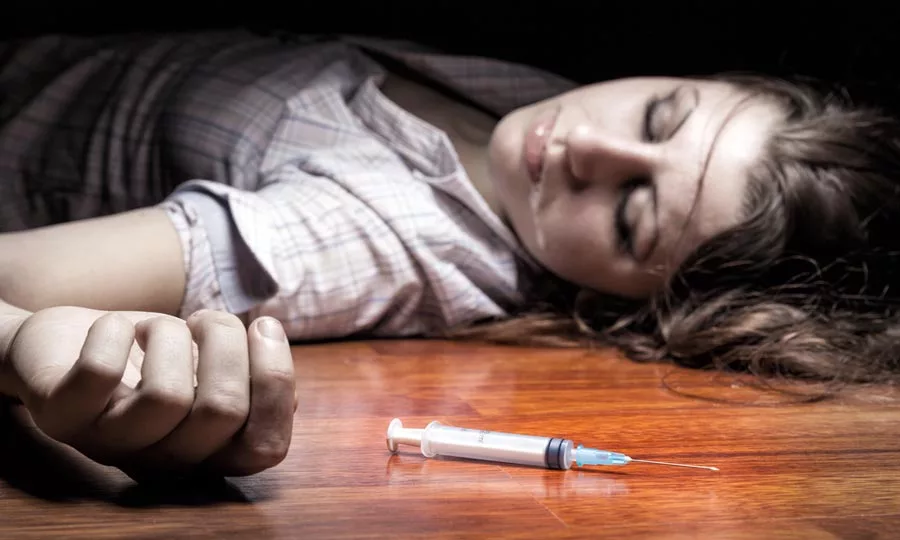
Extremely high heroin doses can cause an overdose because the body cannot process large amounts of the drug. Heroin overdose is potentially dangerous. Thus getting medical attention as soon as possible is crucial.
Below are some of the most common signs of heroin overdose:
- Breathing problems
- Stroke
- Coma
- Drowsiness and disorientation
- Bluish lips or extremities
- Tongue discoloration
- Dry mouth
- Weak pulse
- Muscle spasms
- Small pupils
- Seizures
Heroin Addiction Treatment and Rehabilitation
According to the National Institute on Drug Abuse (NIDA), heroin addiction is usually treated with psychotherapy, medicine, support groups, and behavioral therapies like cognitive behavioral therapy. Our residential and outpatient programs offer these effective treatment approaches for addiction to heroin and other drugs.
The psychological hold and withdrawal symptoms of heroin make residential treatment programs the best option for a full recovery.
The initial phase of recovery from heroin addiction is medical detox. Detoxing from heroin should be done under the supervision of medical experts. Heroin withdrawal can be highly uncomfortable and linger for weeks, but treatment providers can prescribe medication to help ease the symptoms and allow the body to readjust gradually.
It is essential to seek therapy to address the underlying issues contributing to your heroin addiction. Our comprehensive treatment programs at Resurgence Tennessee also offer treatment for dual diagnosis, which helps treat conditions like depression.
Heroin Addiction Rehab Options
Our rehab and addiction treatment center offer different heroin addiction treatment options to match your needs. However, not all levels of care are equal. Some have proven to be more effective than others.
When looking for rehabilitation services, you should consider your unique requirements, such as a history of abusing drugs. The most common rehab programs are inpatient and outpatient treatment plans.
Inpatient Treatment for Heroin

Most people who have overcome heroin addiction credit their sobriety to time spent in a residential treatment program. Inpatient addiction treatment centers remove clients from their everyday social and physical environments, which can be detrimental to recovery.
Drug rehabilitation and treatment centers provide their clients with a regimented schedule that includes regular substance abuse treatment sessions, group counseling, and other activities. Activities offered by heroin treatment centers tend to vary slightly from one to the next. Some stress the importance of everyday exercise for both mental and physical well-being. Others are more thrilling, organizing hiking excursions and rock climbing. You can also enjoy a tranquil atmosphere ideal for a spa treatment.
Heroin addiction treatment often lasts from 30 to 90 days but can last longer in some circumstances. Inpatient treatment for substance abuse begins with detoxification. Heroin is often used to treat the discomfort of withdrawal, even by persons who are determined to stop using the drug. Medication is often used in a medically supervised detox program to reduce the severity of withdrawal symptoms and treat heroin addiction without too much discomfort.
Clients are constantly urged to keep up with their addiction treatment after they leave inpatient treatment centers. We recommend that our clients transition to transition to Partial Hospitalization Programs (PHP), then progress to Intensive Outpatient Treatment Programs (IOP), and finally, regular outpatient care (OP).
Outpatient treatment facilities and alumni communities frequently work together to provide a cohesive aftercare plan.
Relapsed? Learn About Your Rehab Options Now
888-290-5254
Medications Used in Heroin Addiction Treatment for Relapse Prevention
According to the National Institute on Drug Abuse (NIDA), medical management is essential during heroin detox to help reduce cravings and prevent relapse.
Although relapse is a normal part of recovery, it can be very dangerous.
Clients in recovery are often given the following medications:
Buprenorphine
Buprenorphine is a partial opiate agonist that affects the same opioid receptors as heroin. This medication is helpful for those with chronic pain and helps lessen cravings and severe withdrawal symptoms.
Brand names for buprenorphine include Buprenex, Suboxone, and Subutex. Buprenorphine should not be used by anyone not prepared to abstain from heroin completely. Combining buprenorphine and heroin significantly increases the risk of acute withdrawal symptoms and possible opioid overdose due to the need for increased heroin dosage to achieve the same effects as before.
Buprenorphine is a partial opioid agonist used to treat opioid dependence and withdrawal, and it is also a component of medication-assisted treatment (MAT). Because of its potential for substance use disorder (SUD), it should be used cautiously and only when prescribed by a doctor for drug abuse recovery.
Methadone
Although both drugs accomplish the same goals, methadone is more potent than buprenorphine. Methadone is commonly known by its trade name Dolophine, and it is controversial because it might build up in the body with prolonged use. However, this medication is often used for long-term and short-term MAT or medical detox.
Because it lessens cravings, methadone maintenance treatment may help you achieve long-term sobriety. Methadone’s potential for addiction makes it necessary to take extreme caution and adhere to the dosing guidelines set by your doctor. The National Institute on Drug Abuse (NIDA) does not discourage methadone usage, but mentions that newer alternatives may be a better fit for most people with an opioid use disorder.
Naltrexone
Naltrexone blocks the effects of heroin by preventing it from binding to its target opioid receptors. Naltrexone is often marketed under the names Revia and Vivitrol. It helps block the body’s receptors for heroin, preventing the user from experiencing the drug’s euphoric effects.
Suboxone
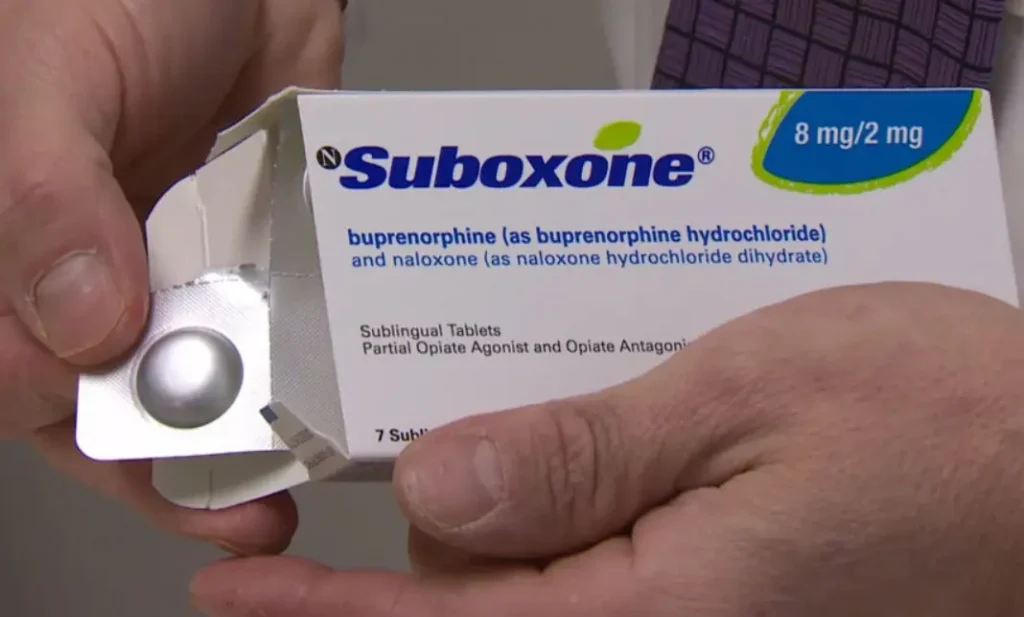
Buprenorphine and Naloxone are the active ingredients in this medication. This blend of the two drugs helps lessen the discomfort of withdrawal and the effects of heroin. Attempting to get high off of heroin while using Suboxone is extremely risky. There is a higher risk of overdosing if the person continues to increase their heroin intake in pursuit of a high.
Continual Care and the Avoidance of Relapse
Some people suffering from heroin addiction turn to outpatient rehab for help. People who need minimal assistance with their addiction can benefit from outpatient treatment. Treatment in an outpatient setting allows you to get the help you need without interrupting your personal life and career.
Everyone looking for help with substance abuse should consult a trained professional who can assess their situation and recommend the most suitable course of action. Continuing care is essential for success in long-term abstinence after heroin rehab. Most people who have overcome heroin addiction find that going to therapy regularly helps maintain their sobriety.
People in recovery can benefit from therapy because it can help them recognize and conquer their vulnerabilities and triggers. Therapy may also offer methods to cope with heroin cravings.
Support groups are another practical aftercare approach. Some of the best support groups for people battling heroin addiction include;
Valuable Tips for Preventing a Relapse
Recovery from heroin addiction is a rigorous process that requires willpower and determination. Heroin withdrawal symptoms can be excruciating and even fatal. Below are some tips to help prevent a heroin relapse during treatment.
Keep Taking Your Medications
Buprenorphine and similar medications should be taken as prescribed until the doctor says it is no longer necessary. You can experience withdrawal symptoms and intense cravings when you suddenly stop taking these drugs. The relapse rate is high after a period of withdrawal.
Continue with Counseling and Attend Meetings
Heroin’s impact on the brain’s reward system continues long after the substance has left the system. Individuals can be tempted to use even after only one day of stress, but with the help of a therapist or 12-step meetings and support groups, they can overcome those urges.
Take Extra Caution with New Prescriptions
Prescriptions for opiate painkillers, such as hydrocodone, have been linked to relapse in some users. Patients in recovery who are scheduled to have surgery should be honest with their surgeon about their history of heroin abuse. To alleviate pain while reducing the risk of relapse, your medical provider can choose to use alternatives to opioid.
Make Sober Friends and Find New Hobbies

Heroin addicts who have recently become sober often express frustration at how dull their new lives are. Engaging in helpful group pursuits is a great strategy to overcome this. You can try new hobbies and find comfort at the gym, movies, or beach.
Why You Shouldn’t Quit Cold Turkey
Detoxing from heroin is not an easy process. Because of this, professionals in the field of addiction medicine advise against self-detoxing or stopping heroin cold turkey. Physical problems, like dehydration, are possible when you abruptly stop heroin use. This means that getting off heroin requires medical supervision from a trained medical staff.
Stopping drug abuse cold turkey can result in unpleasant withdrawal symptoms like nausea, sweating, shakiness, and muscle discomfort. Other than the physical risks, there are also potential emotional consequences associated with this withdrawal phase.
It is best to note that relapsing users are highly susceptible to fatal overdoses. A relapse into heroin use can have catastrophic fatal consequences, and this is because quitting cold turkey affects your dependence level. Characterized by an intense craving for the drug, heroin withdrawal symptoms often begin 12 hours after the last dose. The intensity of the cravings and withdrawal signs becomes more severe if you don’t get timely medical assistance.
Therefore, it is not recommended to quit heroin use cold turkey.
FAQs on Heroin Addiction Treatment
Does Medication-Assisted Treatment Help with Heroin?
Medication-assisted treatment (MAT) involves the use of medications, counseling, and behavioral therapies to provide a holistic approach to drug addiction treatment.
According to research, a blend of medication and therapy can successfully treat opioid use disorders such as heroin addiction or addiction to prescription painkillers that have opiates.
How Does Drug Addiction Affect the Brain?
According to the Substance Abuse and Mental Health Services Administration (SAMHSA) Drugs produce their effects by changing how the brain’s neurons process information through neurotransmitters.
These significant changes in the brain’s functioning can cause the compulsive drug use that characterizes SUDs. Street drugs like heroin and other opioids can cause physical dependence quickly, where your brain becomes dependent and needs medical detox within weeks of first regular use.
24 Hour Addiction Treatment – Call Now!
888-290-5254
Get Help Breaking Free from Drug Abuse Now
There are various evidence-based treatment options for heroin addiction. Once you get to our drug and alcohol rehab facility in Tennessee, you will undergo an assessment or evaluation to determine your unique needs. Our team of compassionate doctors and staff and there to help you on the road to recovery.
Don’t’ battle heroin addiction alone. Call us now for a confidential consultation on the best treatment options for you and get started on a path of recovery today!
